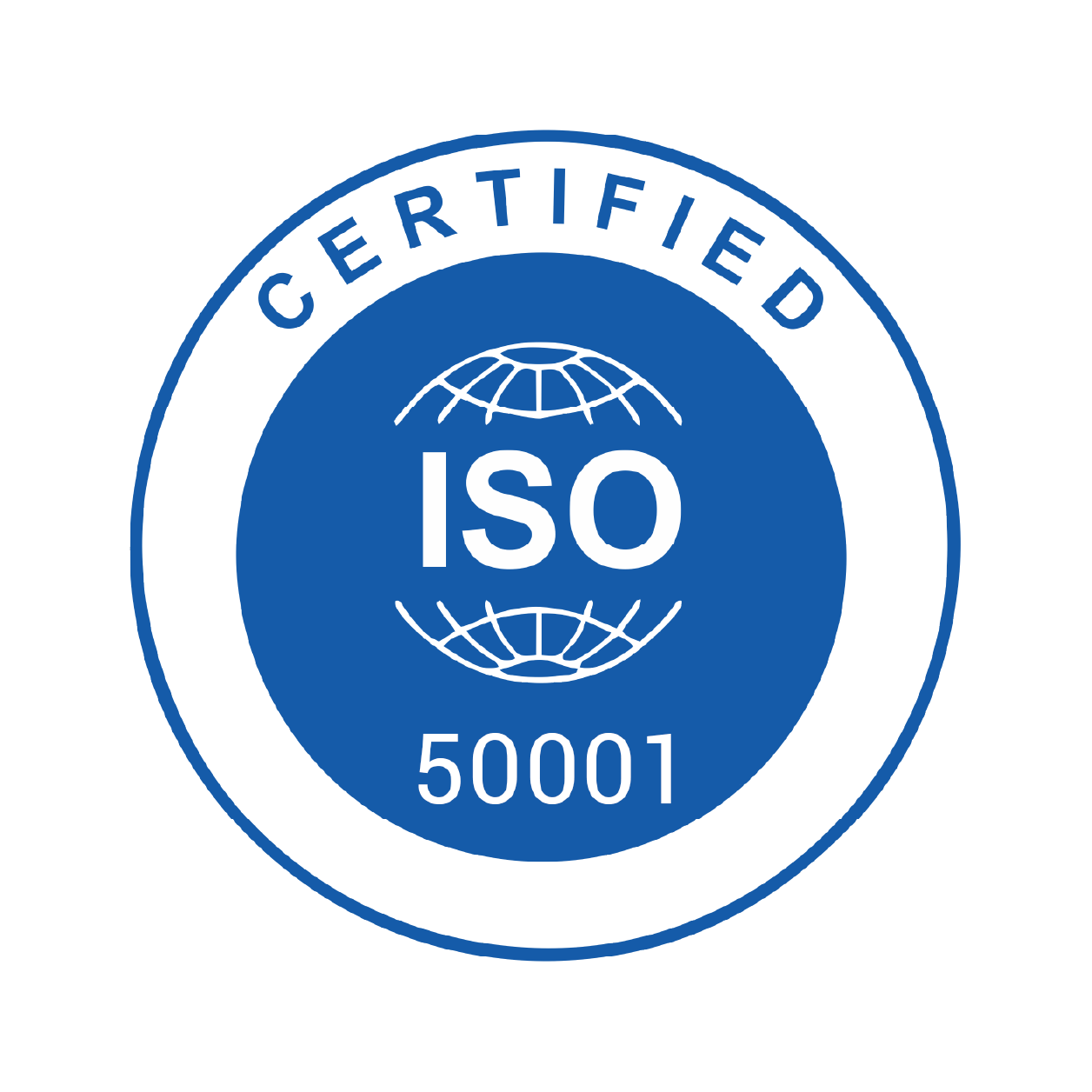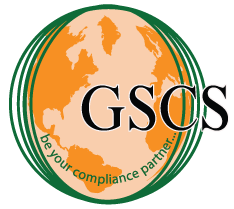
Get ISO 50001 Certified and Lead the Way in Energy Efficiency
Introduction:
In today’s world, where sustainability and energy efficiency are no longer optional but essential, businesses are increasingly seeking ways to reduce their environmental impact while improving operational efficiency This internationally recognized standard provides a framework for organizations to establish, implement, maintain, and improve an energy management system (EnMS). One of the most effective ways to achieve this is by obtaining ISO 50001 certification. By getting ISO 50001 certified, your organization can lead the way in energy efficiency, reduce costs, and enhance its reputation as a sustainable and responsible business.
What is ISO 50001 Certification?
ISO 50001 is an internationally accepted standard created by the International Standard Organization (ISO). It outlines the criteria for a company's development, execution, upkeep, and advancement of an energy management system. ISO 50001 assists companies in managing their operational energy usage through best-in-class techniques, improving overall energy consumption and reducing the greenhouse effect.
Some of the purposes of getting ISO 50001 Certification are:
➤ Creating an energy use policy
➤ Establishing realistic energy efficiency goals
➤ Making decisions about energy usage based on information
➤ Assessing performance and improving energy efficiency results
Why is ISO 50001 Certification Important?
Today effective energy management system plays a key role in the operation of any business. Companies, more than ever, need to support their practices because of the rising costs of energy and growing environmental issues heavily. With ISO 50001 certification, an organization can easily manage its energy, and performance can be improved through:
-Recognizing and minimizing energy expenditure.
-Establishing energy conservation targets and reaching them.
-Enhancing productivity and efficiency of business operations.
-Publicly show engagement towards improvement in sustainable methods.
Benefits of ISO 50001 Certification
The ISO 50001 certification provides a structured energy management system, so a company can easily improve its energy efficiency, save money during business operations, and reduce its environmental impact.
1. Enhanced Energy Efficiency
Organizations that have an EnMS can save energy, reduce waste, and enhance the use of overall energy within the company. This not only reduces the cost of energy but also improves the Organization's carbon footprint. The ISO 50001 certification helps firms figure out and order energy-saving programs.
2. Cost Savings
ISO 50001 certification can improve energy consumption management and identify inefficiencies. Energy deficits can add up significantly in the long run, leading to a more significant bottom line. One of the most excellent benefits of ISO 50001 certification is lower energy costs. Profitability and competitiveness will also improve with time.
3. Regulatory Compliance
The certification also shows a proper commitment to environmental responsibility, which can increase the Organization's reputation with various stakeholders and regulators. With several countries' growing number of energy rules and policies for sustainability, the ISO 50001 certification ensures that your Organization does not get fined or have its indentation edited by non-compliance.
4. noncompliance rate Image
Consumers, investors, and business partners are increasingly paying attention to sustainability. Compliance with ISO 50001 standards demonstrates "Your Organization's" dedication to energy conservation and environmental protection. Your brand image will likely improve, attract customers who favor ecological protection, and strengthen stakeholder relations.
5. Competitive Advantage
Your Business can also differentiate itself from the competition by obtaining ISO 50001 certification in the ever-changing market. This enhances your company's CSR profile, particularly concerning energy efficiency, which is commonly a distinguishing factor in tendering processes or when seeking investment.
6. Employee Engagement
An EnMS facilitates the entire workforce's participation in energy-saving efforts. This can instill a sense of pride within the Organization, enhancing employee engagement and morale. Employees participating in energy management activities are more likely to take responsibility for the results and contribute to the Organization's success.
7. Continuous Improvement
ISO 50001 is implemented as a Plan-Do-Check-Act (PDCA) cycle, which embeds continuous improvement. Monitoring and evaluating energy performance allows organizations to continuously seek better ways of implementing their EnMS.
ISO 50001 Certification Process
Gaining ISO 50001 certification is not as simple as it sounds; it requires a well-laid-out plan to meet the sufficiency of the standard’s needs. Here’s a laid-out plan:
● Gap Analysis: Review current energy management practices and see where adjustments can be made.
● Energy Policy Development: Create an easy-to-understand energy management policy that aligns with your organizational strategy.
● Planning: Establish a measurable program or target for energy objectives and devise a detailed plan.
● Implementation: Allocate resources, train staff, and implement energy-efficient equipment to execute the energy management plan.
● Monitoring and Measurement: Evaluate the energy performance metrics and information gathered for improvement.
● Internal Audit: Perform an internal assessment to determine the success of the energy management system.
● Certification Audit: Get a recognized certification body such as GSCS International to conduct the official audit.
● Certification: Complete the audit and receive the ISO 50001 certification.
Why Choose GSCS International for ISO 50001 Certification?
GSCS International is a reliable partner for ISO 50001 certification because of its quality assurance measures and dedication to client satisfaction. Below are some of the reasons to consider GSCS International:
➤ Expertise: Our highly qualified consultants and auditors have vast experience in energy management systems.
➤ Tailored Solutions: We know no two organizations are the same, so we offer distinct certification options for each.
➤ Comprehensive Support: We offer complete support from the first consultation until the certification is granted.
➤ Global Recognition: Using GSCS International will bolster your credibility in the market as they are an internationally recognized certification body.
➤ Efficient Process: The certification process will not impede your operations as it is designed to minimize issues.
Conclusion
ISO 50001 certification is a powerful tool for organizations that want to lead the way in energy efficiency and sustainability. By implementing an EnMS based on ISO 50001, businesses can reduce energy costs, improve operational efficiency, and enhance their reputation as environmentally responsible organizations. While the journey to certification may present challenges, the long-term benefits far outweigh the initial investment.
Explore this related topic:
Get Certified: GSCS International’s ISO 9001 Certification Services
Improve Sustainability with GSCS’s ISO 14001 Certification
GSCS International: Your Trusted Partner for ISO 45001 Certification
Ensure Food Safety with GSCS’s ISO 22000 Certification Services
Ensure Information Safety with GSCS’s ISO 27001 ISMS Certification
Ensure Information Safety with GSCS’s ISO 27001 ISMS Certification
FAQ:
ISO 50001 certification is an international standard for energy management systems, helping organizations improve energy efficiency and reduce costs.
To get ISO 50001 certified, develop an energy management system (EnMS), implement energy policies, undergo internal audits, and pass an external certification audit.
ISO 14001 focuses on overall environmental management, while ISO 50001 specifically targets energy management and efficiency.
The cost varies based on company size, complexity, and the certification body. Request a quote from GSCS International for accurate pricing.
Key requirements include developing an energy policy, setting energy objectives, monitoring energy use, and continuous improvement of energy performance.
An ISO 50001 Energy Management System (EnMS) provides a structured approach to improve energy efficiency and sustainability through data-driven strategies.
